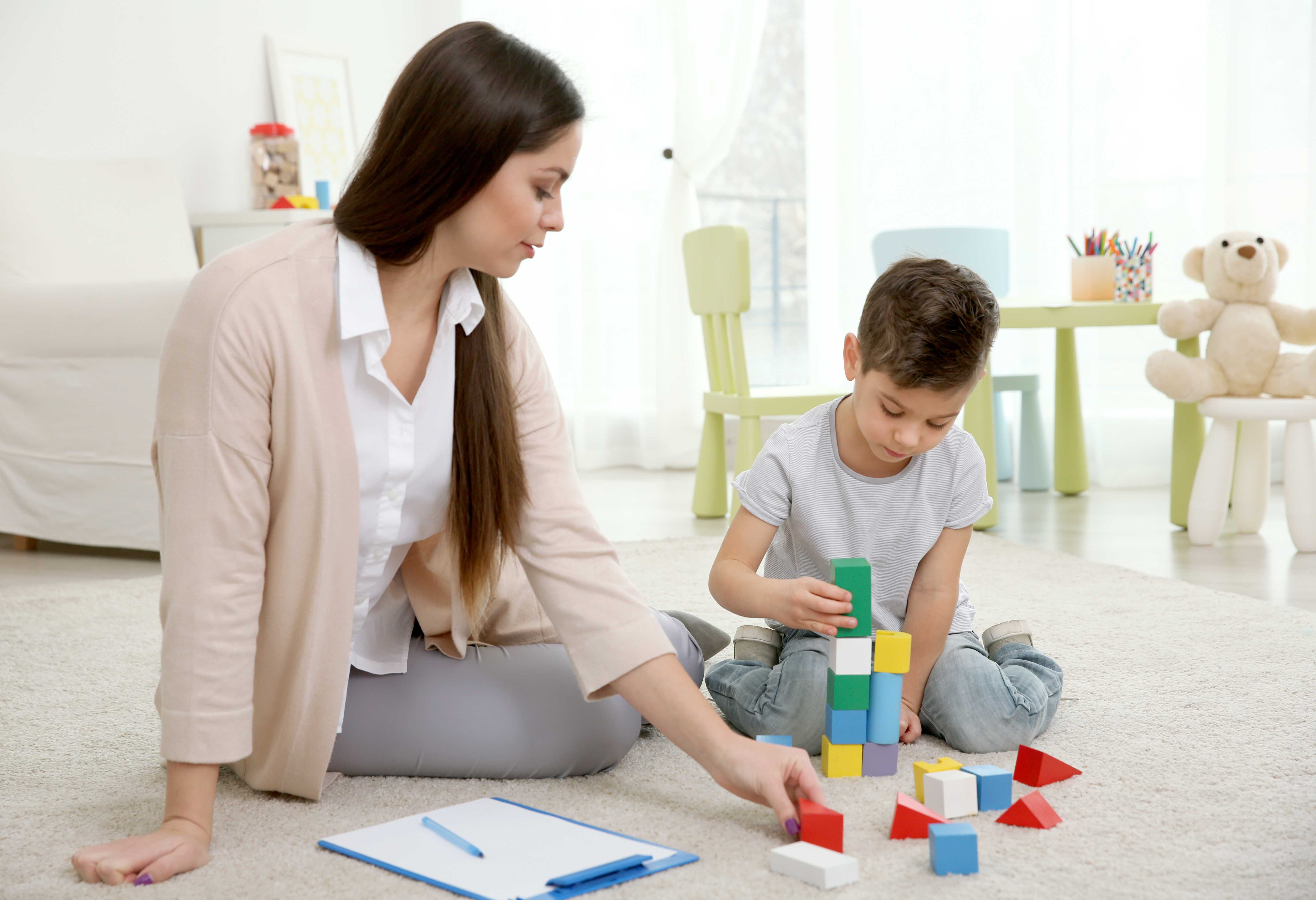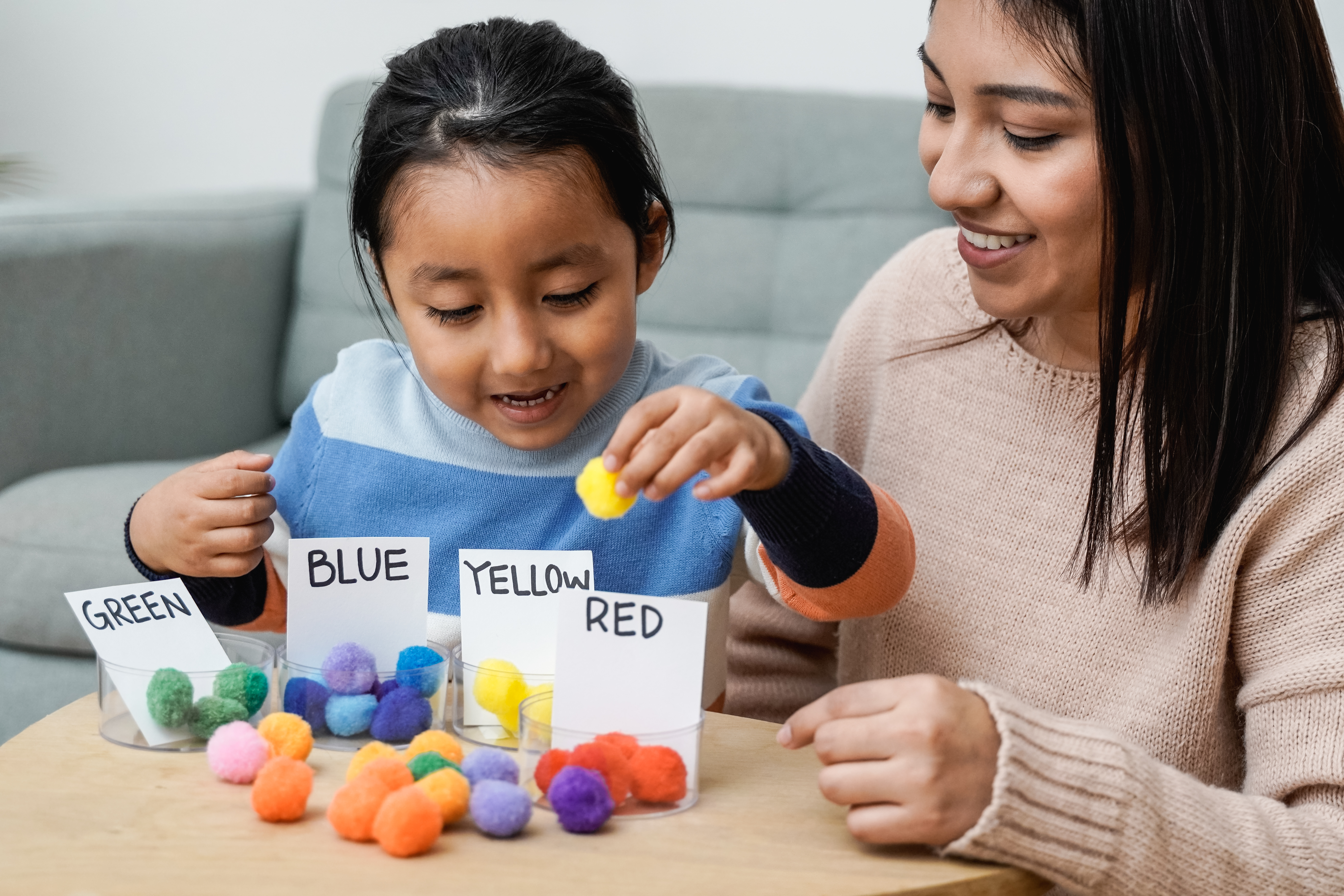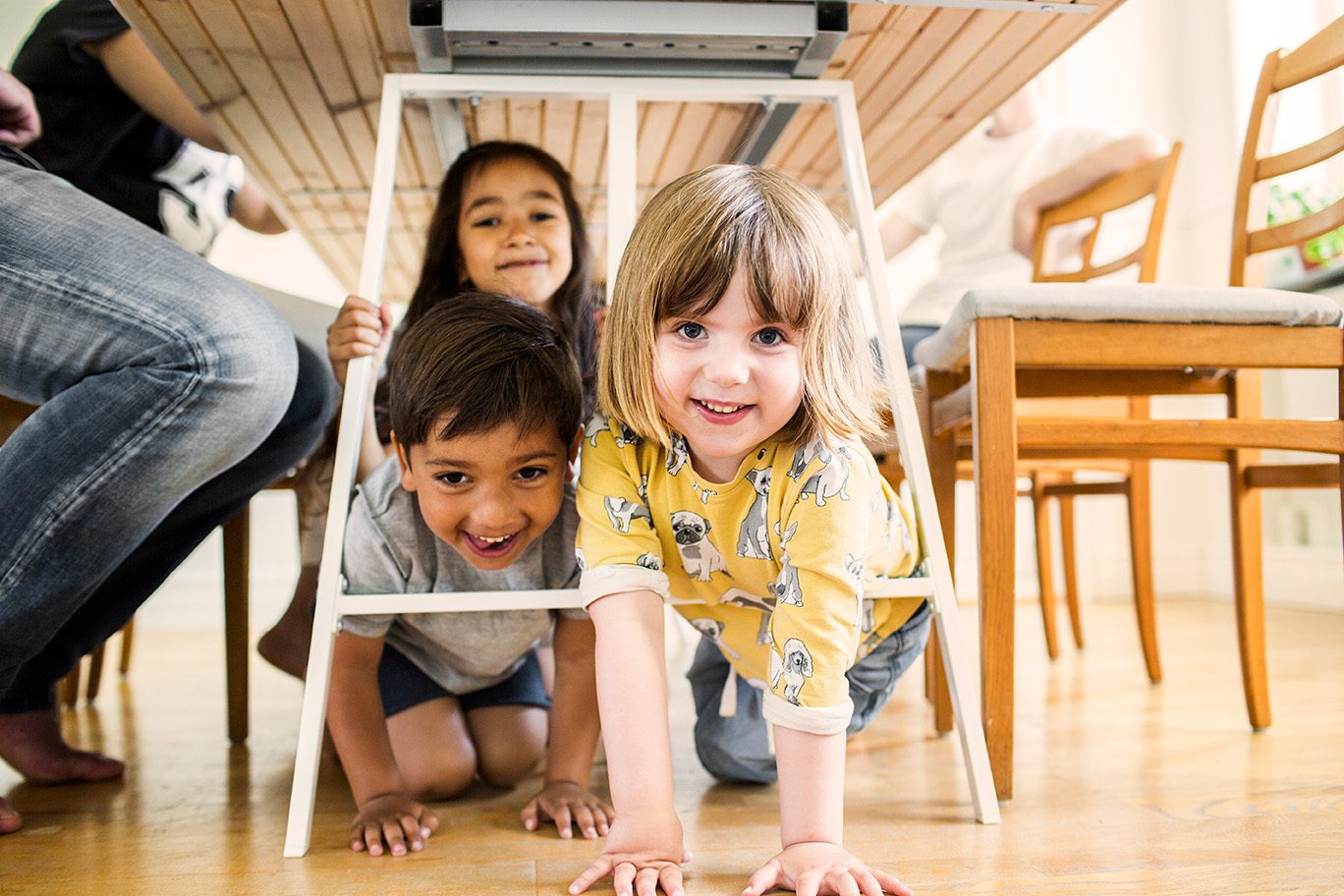A Guide To Implementing Positive Behaviour Support Techniques Into The Home

Positive Behaviour Support (PBS) is not just a methodology, but instead a way of thinking about childhood development that emphasises the importance of understanding the individual needs and behaviours of each child.
As a framework it can be adopted in various settings, including schools and homes, to promote positive behaviour change. And indeed it should be, because PBS is most effective when it’s approached in a holistic sense, with the home, school, and therapy environment in alignment and direction.
This is where an organisation like The Lizard Centre can help. We can offer tailored support to families to help them integrate PBS into their daily lives and get their school involved too. That way families can create a consistent and nurturing environment that fosters growth and development.
Five things to keep in mind when integrating PBS techniques into the home
Your Lizard Behaviour Support Practitioner will help walk you through this. However, there are five core principles in particular that we want to focus on when integrating PBS techniques into the home:
- What’s important is the behaviour you want, not the behaviour you don’t
- Develop clear predictable consistent home/school/community routines
- Set positive behaviour expectations for everyone. Ensure these are visually presented, taught and positively reinforced
- Give ability-appropriate choice throughout the day & be flexible
- Pick your battles and try to focus on calming responses to behaviour (and don’t worry about ‘giving in’)
The “P” in “PBS” stands for “Positive” for a reason. The golden rule is that you should make sure to reward, encourage and praise the behaviours that you are working towards and expecting.
Try to maintain a predictable regular school, after-school, community participation and daily routine schedule. This can be difficult in the modern, busy lives that we all lead, but it’s important to try to use techniques such as social stories and visual supports to communicate routines and any changes to routine.
Everyone in the household needs to be aligned on this. After developing the plan with Lizard, make sure to have a conversation so all the family has input into, understands and agrees to the plan expectations being set.
Choosing when something occurs can be very helpful in providing choice and control to the child, which can support positive outcomes. Being flexible in achieving everything (such as schoolwork or activities/chores) can help everyone destress at this time.
It’s important to be kind to yourself and your family, and your Lizard support will walk you through how to manage the well-being of the rest of the family at the same time.
Additionally, if there are behaviours that are concerning remember safety and well-being at this time is most important. If you’re not coping, it is important to seek specialist support – which we can help put you in touch with.
Why is it important to integrate PBS techniques into the home?
Integrating PBS techniques at home is essential because it creates a structured environment that encourages and reinforces positive behaviour. Statistics show that consistent use of PBS can lead to a significant reduction in behavioural issues. For instance, a review of research around PBS application across all settings in the child’s life found that 93.33% of reports showed “considerable reductions in behaviours that challenge.”
It’s important to note that PBS techniques are not only about managing behaviour but also about promoting the overall well-being of the child. This in turn leads to improved family dynamics and relationships and a positive loop of ongoing feedback.
How children respond to PBS in the home
Children often exhibit a more positive response to PBS in the home as it provides them with clear expectations and consistent outcomes following their actions, while also being in an environment that is comfortable and non-threatening to them. Research indicates that when children understand the behaviour that is expected of them, they are more likely to engage and exhibit those behaviours on an ongoing basis.
Unlike some forms of therapy, it’s actually quite straightforward to bring PBS strategies to the household environment with minimal adjustment. One of the strengths of PBS is that it is designed to be flexible and adaptable to each child’s unique needs, and this personalisation can be a more effective approach to behaviour management.
How can you work with Lizard to develop a plan for PBS in the home?
Working with the Lizard Centre to develop a PBS plan is a collaborative and supportive process. Our approach involves a thorough assessment of the child’s behaviour, identifying the functions of their behaviour, and then designing a comprehensive plan that addresses those functions.
This plan is not static; it evolves as the child grows and as their environment changes, ensuring that the strategies remain effective and relevant and continues to support your child’s development.
What to do if you’re having difficulties achieving PBS outcomes in the home
If difficulties arise in achieving PBS outcomes at home, your Positive Behaviour Support practitioner can help you escalate and take the next steps.
The Lizard Centre provides resources and guidance to help families overcome these challenges. We can help you with training, and one-on-one coaching to ensure that families have the tools they need to implement PBS effectively.
In short, most families find that implementing Positive Behaviour Support at home is a transformative approach that can lead to significant improvements in a child’s behavior and the overall harmony of the home. The Lizard Centre’s commitment to providing ongoing support and resources ensures that families are never alone in their journey to integrate PBS techniques into their home life.
Published On : May 31, 2024
Read more
Published On : July 18, 2024
Early childhood intervention services play a crucial role in supporting children's development and helping them reach their full potential. As a parent, your active participation and engagement can significantly enhance the effectiveness of these services.
Published On : July 18, 2024
Early intervention therapy is a critical step in supporting children with developmental delays. However, success isn’t just down to what occurs in the home or therapy sessions. Schooling is critical too.


